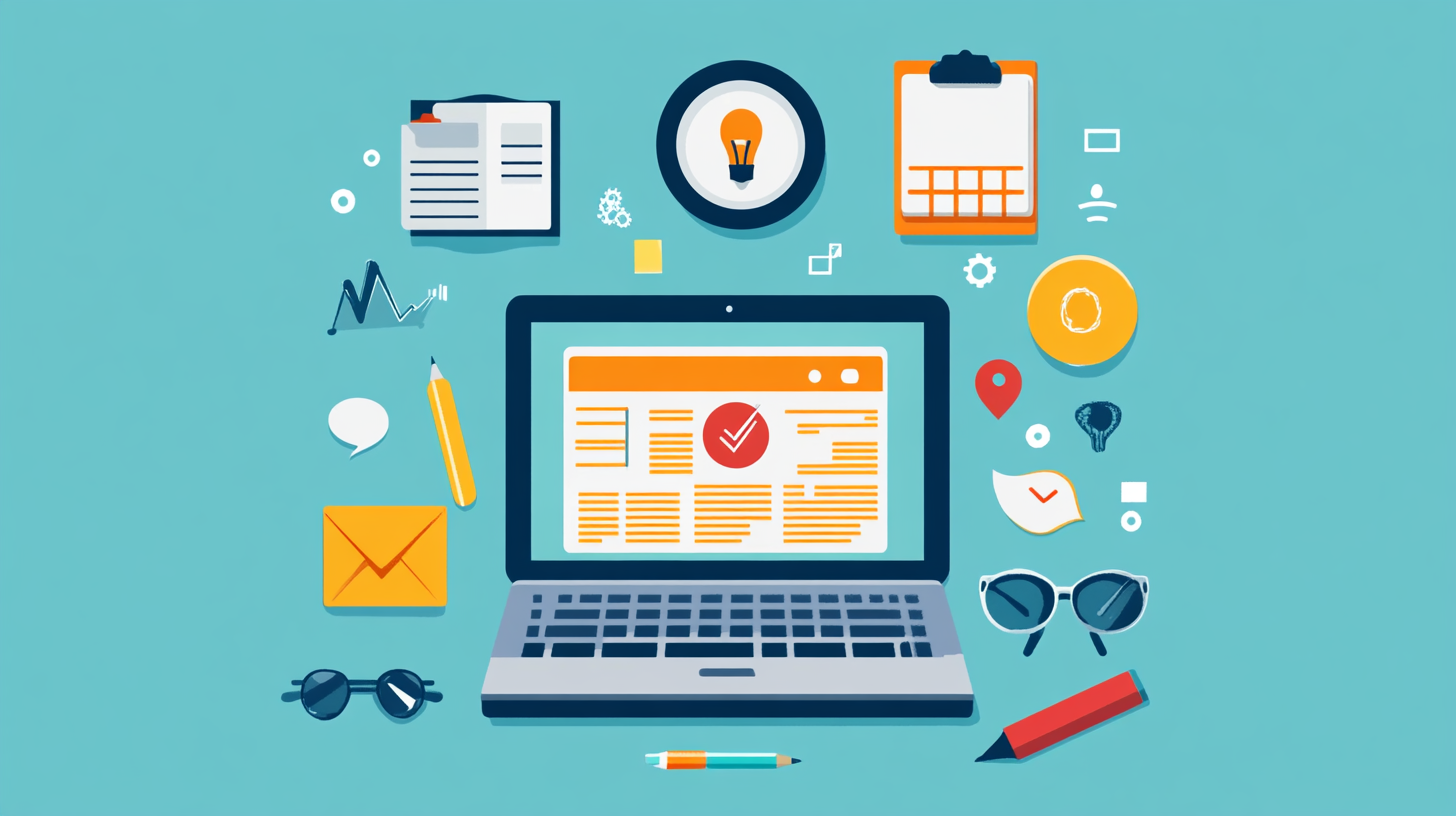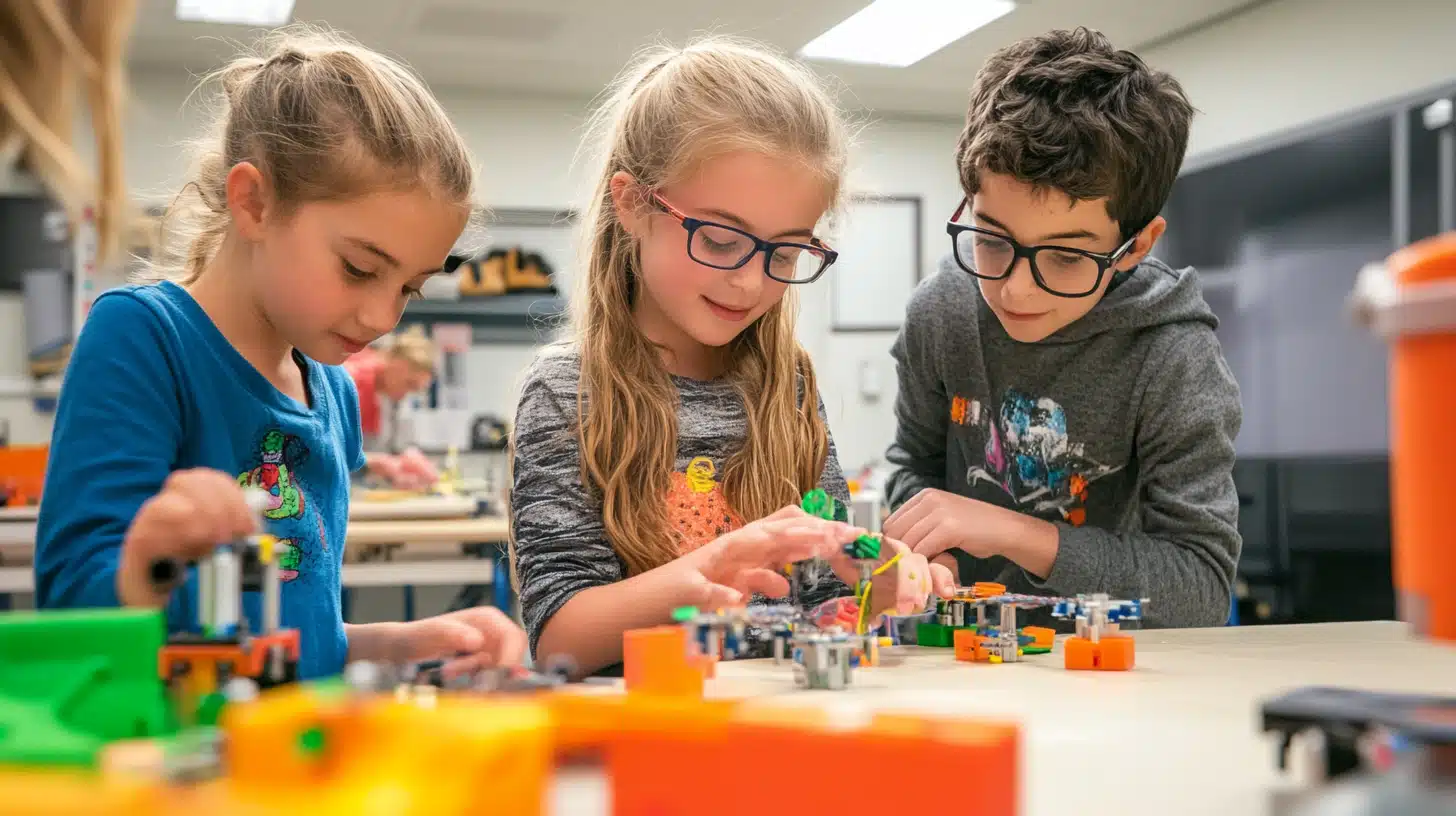
Introduction: Why has adaptive learning become relevant?
Adaptive learning is a modern approach to education that changes the way learners acquire knowledge by making the process more personalised and flexible. In today’s rapidly evolving world, the classical education system often fails to meet the needs of different learners.
Adaptive systems created with the latest technology enable each learner to follow an individual learning path that best suits their level of knowledge, pace of learning and personal interests, such as the £1 deposit bonus promotion, which gives learners or users additional resources for learning or development, emphasising the importance of individual approach and personalised solutions in modern learning.
The goal of adaptive learning is not just to deliver information but to make the learning process more efficient and targeted to a specific learner. In this article, we will look at what adaptive learning is, how it works, what technologies ensure its effectiveness, and its advantages and disadvantages.
Basic principles of adaptive learning

Personalisation of the learning process
Adaptive learning puts the learner at the centre of the process and adapts the curriculum to their needs. Each learner has a unique learning style and individual strengths, so approaches that take these into account are more likely to deliver high results. Personalised learning helps to take into account how a person learns and adjust the learning process based on that.
This approach can increase learner engagement and improve outcomes by providing learning materials that are tailored to their abilities and needs. For example, some learners learn better through visuals, while others prefer textual materials or hands-on activities. In fact, some learners even choose to pay for research papers to access high-quality, targeted content that further complements their personalised learning journey. This allows the learner to move at their own pace, which is a great advantage in the process of learning.
How do adaptive learning systems work?
Using data to identify learner needs
Adaptive systems are based on technologies for collecting and analysing data about each student. Such systems collect information about how a student performs tasks, how much time they spend on different topics, and what difficulties they face. This allows for the creation of an individual learning profile, which becomes the basis for adapting the curriculum to the needs of each student.
The process of data analysis is very important because it helps to identify a student’s strengths and weaknesses. For example, if a student can easily cope with theoretical tasks but has difficulties with practical ones, the system adapts the learning materials in such a way as to enhance practical training. This approach allows you to avoid repeating already known topics and focus on what really needs to be improved.
Key technologies that enable adaptive learning
Artificial intelligence (AI) in the learning process
Artificial intelligence plays a key role in the implementation of adaptive learning systems. Thanks to AI, educational platforms can constantly update and adjust learning materials in real time, based on the learner’s reaction. For example, AI can recommend additional tasks or explanations for topics that cause difficulties.
Artificial intelligence also provides real-time analysis of learning outcomes, allowing teachers to respond quickly to changes in student progress. AI-powered systems can analyse student behaviour, such as which tasks they complete quickly and which take longer, and adapt the programme to each student.
Use of big data
Technologies for collecting and analysing large amounts of data allow you to create more accurate student profiles, track progress, and effectively adapt the learning process. Big Data helps not only in analysing the current state of a student’s knowledge, but also in predicting their future results. This technology allows you to identify weaknesses in learning before they become a problem.
Big data systems are used to collect information about various aspects of learning: from the time a student spends on a task to analysing their interaction with the material. This helps to create a more accurate picture of the learning process and adapt materials to the learner’s needs.
Benefits of adaptive learning

Improved academic results
Adaptive learning can significantly improve students’ results by providing them with the exact materials they need. Thanks to the personalised approach, learners are more engaged in the process and have the opportunity to learn at their own pace. This, in turn, reduces stress and improves results.
The system allows you to quickly track progress, which helps teachers better understand which topics require additional attention. For example, a student who struggles with maths will receive more exercises and explanations, allowing them to improve their skills without stress.
Increased motivation to learn
Since adaptive systems provide tasks that are appropriate to the student’s level, they are more interested in doing the exercises and are more enthusiastic about learning. When a learner sees their progress and achieves positive results, it helps to increase motivation.
Adaptive learning allows learners to better understand their strengths, which encourages them to develop knowledge and skills. Thus, learning becomes less routine and more interesting.
Disadvantages of adaptive learning
High costs of implementing technology
One of the main problems with adaptive learning is the cost of implementing technology. Creating effective adaptive systems requires significant investments in infrastructure development and maintenance. It is also important to ensure uninterrupted Internet access and the availability of modern computers in schools, which can be a challenge in some regions.
Possibility of technical failures
Technology systems are always at risk of technical failure. If the adaptive platform fails, the learning process may be interrupted. In addition, technical failures can lead to the loss of learning data, which negatively affects the effectiveness of adaptive learning.
Should adaptive learning be implemented in the UK?
Adaptive learning has the potential to revolutionise education in the UK. It allows you to create a learning environment that takes into account the individual characteristics of students, making the learning process more flexible and convenient. However, successful implementation requires investment in technology, as well as teacher training to work with new systems.
For the Ukrainian education system, adaptive learning offers great opportunities. However, all potential challenges should be considered, including access to technology and the need to change traditional teaching methods.
Conclusion: Why is adaptive learning the future of education?
Adaptive learning has already proven to be effective in many countries, demonstrating significant improvements in academic results and increased student motivation. It allows each student to learn at his or her own pace, receiving personalised support and tasks that are appropriate to their level of knowledge.
Although this approach still needs some changes and improvements, adaptive learning has the potential to become the basis of modern education, adapting to the individual needs of each student.

















































































































